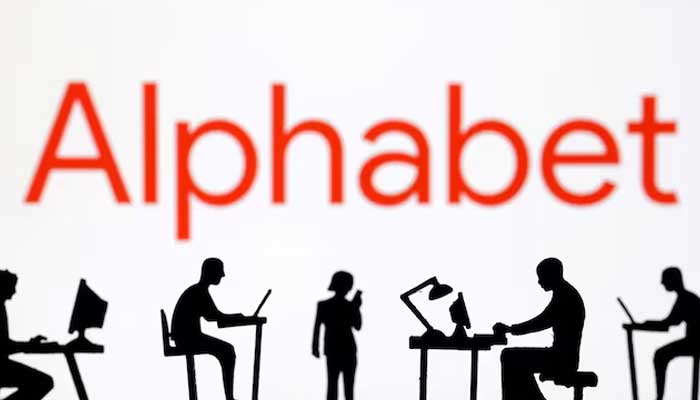Select Language:

Alphabet’s Google and OpenAI recently announced that their artificial intelligence models earned gold medals at a worldwide mathematics competition, marking a significant advancement in their mathematical abilities as they strive to create systems capable of matching human intelligence.
This achievement represents the first occasion where AI systems surpassed the threshold for gold medal scores at the International Mathematical Olympiad (IMO), which hosts high school students from around the globe.
Both AI models managed to solve five out of six problems, relying on versatile “reasoning” frameworks that interpret mathematical concepts through natural language, differing from previous AI methodologies.
While Google DeepMind partnered with the IMO to have their models assessed and officially approved, OpenAI chose not to enter the competition formally. The latter reported that its models secured a gold medal-worthy score on the current year’s tasks, based on evaluations from three independent IMO medalists.
According to Junehyuk Jung, a math professor at Brown University and visiting researcher at Google’s DeepMind AI unit, this milestone suggests that AI could soon assist mathematicians in solving unresolved research challenges at the cutting edge of the field.
“Solving complex reasoning questions in natural language could pave the way for collaboration between AI and mathematicians,” Jung stated in an interview with Reuters.
OpenAI’s success stemmed from an innovative experimental model that greatly amplified its “test-time compute.” By allowing the model to “think” for extended periods and employing parallel computing to explore multiple reasoning paths, it achieved this breakthrough, as explained by OpenAI researcher Noam Brown. While he did not disclose the exact computing costs, he described them as “significant.”
For OpenAI’s team, this is a compelling indication that AI models possess substantial reasoning capabilities that could be applied beyond mathematics.
This optimistic outlook is echoed by Google’s researchers, who believe that the capabilities of AI models can also contribute to solving complex issues in fields like physics, according to Jung, who earned an IMO gold medal as a student in 2003.
Out of 630 students competing in the 66th IMO on the Sunshine Coast of Queensland, Australia, 67 participants—approximately 11%—achieved gold medal scores.
Last year, Google’s DeepMind AI unit earned a silver medal score utilizing AI systems tailored for mathematics. This year, Google deployed a general-purpose model known as Gemini Deep Think, which was previously revealed at its annual developer conference in May.
In contrast to earlier AI efforts that relied on formal languages and prolonged computation times, Google’s approach this year leveraged natural language throughout and successfully solved problems within the official 4.5-hour time limit, the company detailed in a blog post.
OpenAI also crafted an experimental model for the competition, as shared by researcher Alexander Wei on the social media platform X. He mentioned that OpenAI does not intend to release any models with this level of mathematical proficiency for several months.
This year marked the inaugural occasion where the competition officially coordinated with select AI developers, who have long used prestigious math contests like the IMO to evaluate model capabilities. IMO judges validated the results from participating companies, including Google, and requested them to make their results public on July 28.
“We honored the IMO Board’s initial request that all AI labs disclose their findings only after the official results had undergone verification by independent experts and the participating students had rightfully received the accolades they deserved,” stated Google DeepMind CEO Demis Hassabis on X on Monday.
OpenAI, which made its results public on Saturday and first announced its gold medal status, clarified in an interview that it had received permission from an IMO board member to do so after the closing ceremony on Saturday.
On Monday, the competition allowed collaborating companies to share their findings, Gregor Dolinar, the president of the IMO board, told Reuters.





